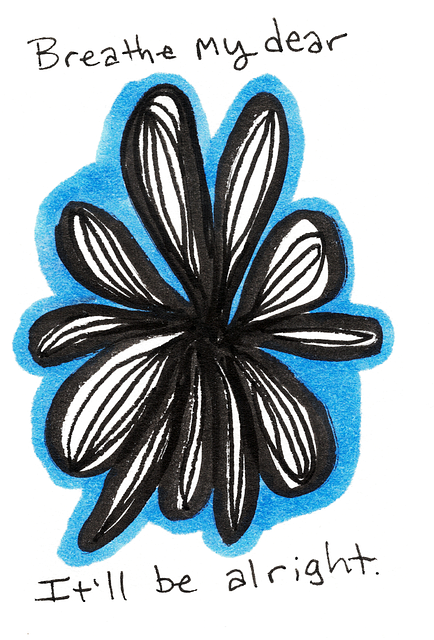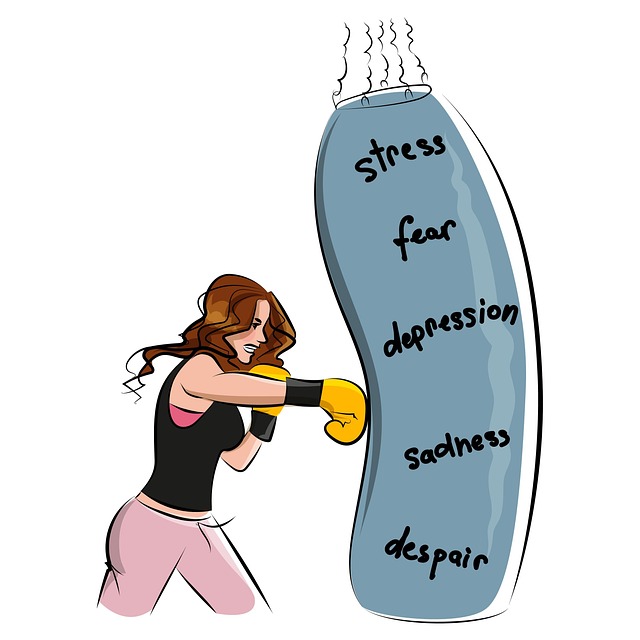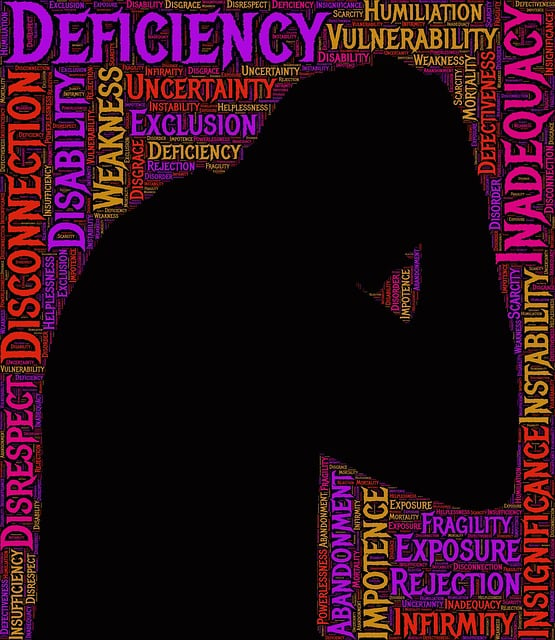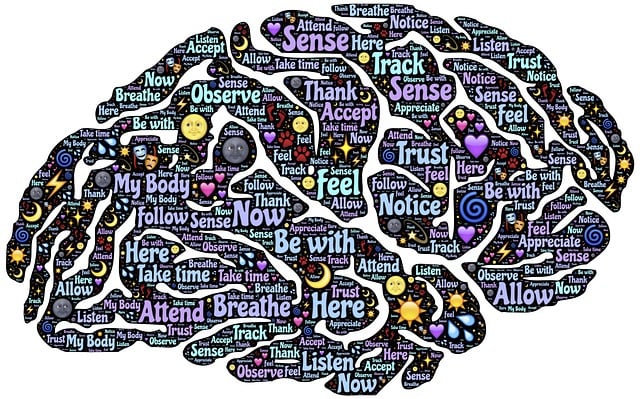Parker Young Adults Therapy challenges stigma surrounding mental health through awareness campaigns, early intervention, and support for both patients (ages 18-35) and healthcare providers. Their holistic approach integrates evidence-based practices with self-discovery to empower clients in managing their conditions effectively. The process begins with a consultation, followed by tailored treatment options like CBT or DBT, and building resilience through coping skills development and community outreach programs.
“Mental illness is a complex and often misunderstood aspect of human health. This comprehensive guide aims to demystify mental health, offering insights into the various aspects of managing it effectively. We explore the damaging impact of stigma and provide a clear understanding of mental illness.
The focus then shifts to the innovative Parker Young Adults Therapy approach, its holistic benefits, and how it empowers individuals. We navigate the diagnostic journey, prepare for potential challenges, and uncover diverse treatment options, including therapy, medication, and support networks. Additionally, self-care strategies are emphasised for long-term mental wellbeing.”
- Understanding Mental Illness: Debunking Stigma and Misconceptions
- The Parker Young Adults Therapy Approach: A Holistic Framework
- Navigating the Diagnostic Process: What to Expect and Prepare For
- Treatment Options: Exploring Therapy, Medication, and Support Systems
- Building Resilience: Self-Care Strategies for Long-Term Wellbeing
Understanding Mental Illness: Debunking Stigma and Misconceptions

Mental illness is a broad term encompassing various conditions that affect a person’s emotional, cognitive, and behavioral well-being. Despite its prevalence, mental health still carries a significant stigma in many societies. This stigma often leads to misinformed perceptions and misconceptions about individuals living with mental illnesses. It’s essential to challenge these stereotypes and create an environment where conversations around mental health are open and non-judgmental.
At Parker Young Adults Therapy, we aim to debunk the myths surrounding mental illness by promoting public awareness campaigns that emphasize the importance of early intervention and support. Burnout prevention strategies for healthcare providers are also crucial in ensuring they can offer compassionate cultivation practices to their patients. By addressing these misconceptions, we hope to foster a society that not only understands but also embraces the journey towards recovery for those navigating mental health challenges.
The Parker Young Adults Therapy Approach: A Holistic Framework

The Parker Young Adults Therapy Approach offers a holistic framework designed to support individuals aged 18-35 navigating mental illness. This method recognizes the unique challenges young adults face, integrating evidence-based practices with a focus on self-discovery and resilience. By combining individual therapy sessions, group support, and education on burnout prevention strategies for healthcare providers, this approach empowers clients to cultivate inner strength development while managing their conditions effectively.
This comprehensive strategy not only addresses the symptoms of mental health issues but also fosters coping mechanisms tailored to each individual’s needs. Mental health awareness is paramount in this process, with a strong emphasis on creating safe spaces where young adults can express themselves openly and explore their emotional landscapes without stigma. Through this holistic lens, Parker Young Adults Therapy aims to guide clients towards lasting well-being and improved quality of life.
Navigating the Diagnostic Process: What to Expect and Prepare For

Navigating the diagnostic process for mental illness can be daunting and confusing. At Parker Young Adults Therapy, we understand that seeking help is a significant step, but knowing what to expect can make this journey smoother. The initial stage involves consultation with a qualified mental health professional who will conduct a thorough evaluation. This typically includes discussions about your symptoms, medical history, and any relevant life events. They may use standardized questionnaires or interviews to assess your mental health status.
During this process, it’s crucial to be open and honest about your experiences. Prepare by gathering important information, such as previous diagnoses, medications, and therapy attempts. Additionally, jotting down specific concerns or questions beforehand can help ensure all your queries are addressed. Public Awareness Campaigns Development plays a vital role in educating individuals about these processes, fostering understanding, and encouraging early intervention. Remember, seeking support is a sign of strength, and Self-Care Practices alongside Emotional Well-being Promotion Techniques can greatly assist during this phase.
Treatment Options: Exploring Therapy, Medication, and Support Systems

Navigating mental illness treatment options is a crucial step towards recovery and emotional well-being promotion. Therapy plays a pivotal role in helping individuals understand their conditions, develop coping strategies, and work through underlying issues. Techniques like cognitive-behavioral therapy (CBT) or dialectical behavior therapy (DBT) are commonly used to address various mental health challenges, including anxiety relief and depression.
Support systems are also integral to the healing process. Medication can be prescribed to manage symptoms of disorders such as depression, anxiety, or bipolar disorder. Additionally, peer support groups, family involvement, and social networks contribute significantly to risk management planning for mental health professionals. Services like Parker Young Adults Therapy offer specialized care tailored to meet the unique needs of young adults, fostering an environment conducive to growth and recovery.
Building Resilience: Self-Care Strategies for Long-Term Wellbeing

Building resilience is a key aspect of managing mental illness and fostering long-term well-being. At Parker Young Adults Therapy, we understand that self-care strategies are essential tools for our clients to navigate their mental health journeys effectively. Encouraging young adults to prioritize their mental wellness involves teaching them coping skills development techniques tailored to their unique experiences. Through our specialized programs, we guide individuals in identifying and implementing healthy habits that promote resilience, enabling them to better cope with life’s challenges.
Our approach includes the integration of mental wellness coaching programs designed to empower clients with practical tools for stress management, emotional regulation, and self-compassion. Additionally, community outreach program implementation plays a vital role in creating support networks where young adults can connect, share experiences, and learn from one another. By fostering a sense of belonging and offering accessible resources, we aim to enhance their overall mental wellness and build a foundation for sustained resilience.
Mental illness is a complex journey, but with the right guidance, individuals can navigate their path to recovery. By understanding mental health, dispelling stigma, and arming oneself with knowledge, one can confidently explore various therapeutic approaches like the Parker Young Adults Therapy framework. This holistic model offers a supportive environment for young adults seeking diagnosis and treatment. From preparation for the diagnostic process to exploring diverse treatment options and self-care practices, this guide equips readers with valuable tools. Remember, building resilience is key to long-term mental wellbeing, and with assistance tailored to individual needs, such as that provided by Parker Young Adults Therapy, one can embrace a brighter future.










